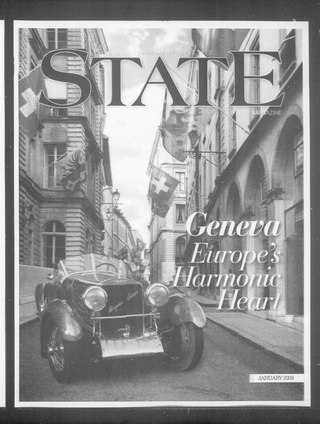
A magazine is a periodical publication, generally published on a regular schedule, containing a variety of content. They are generally financed by advertising, purchase price, prepaid subscriptions, or by a combination of the three.
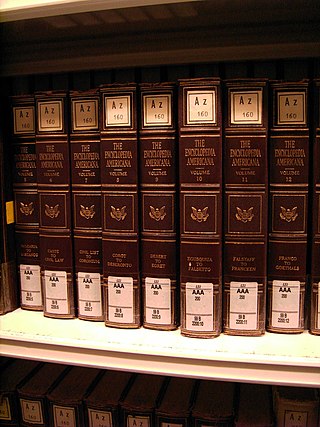
Encyclopedia Americana is a general encyclopedia written in American English. It was the first major multivolume encyclopedia that was published in the United States. With Collier's Encyclopedia and Encyclopædia Britannica, Encyclopedia Americana became one of the three major English-language general encyclopedias: The three were sometimes collectively called "the ABCs". Following the acquisition of Grolier in 2000, the encyclopedia has been produced by Scholastic.

Granta is a literary magazine and publisher in the United Kingdom whose mission centres on its "belief in the power and urgency of the story, both in fiction and non-fiction, and the story’s supreme ability to describe, illuminate and make real." In 2007, The Observer stated: "In its blend of memoirs and photojournalism, and in its championing of contemporary realist fiction, Granta has its face pressed firmly against the window, determined to witness the world."
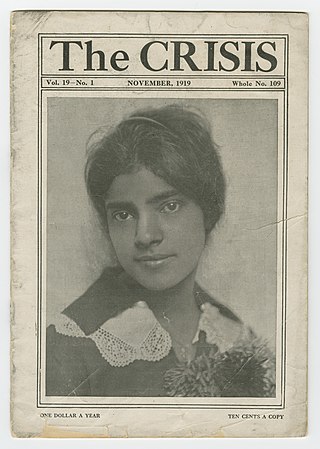
The Crisis is the official magazine of the National Association for the Advancement of Colored People (NAACP). It was founded in 1910 by W. E. B. Du Bois (editor), Oswald Garrison Villard, J. Max Barber, Charles Edward Russell, Kelly Miller, William Stanley Braithwaite, and Mary Dunlop Maclean. The Crisis has been in continuous print since 1910, and it is the oldest Black-oriented magazine in the world. Today, The Crisis is "a quarterly journal of civil rights, history, politics and culture and seeks to educate and challenge its readers about issues that continue to plague African Americans and other communities of color."
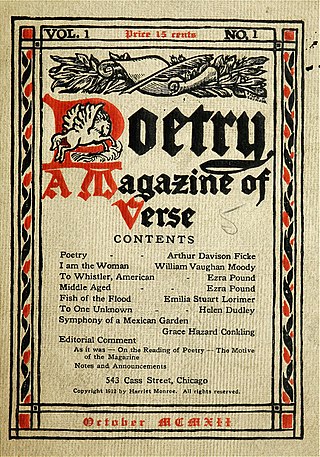
A literary magazine is a periodical devoted to literature in a broad sense. Literary magazines usually publish short stories, poetry, and essays, along with literary criticism, book reviews, biographical profiles of authors, interviews and letters. Literary magazines are often called literary journals, or little magazines, terms intended to contrast them with larger, commercial magazines.
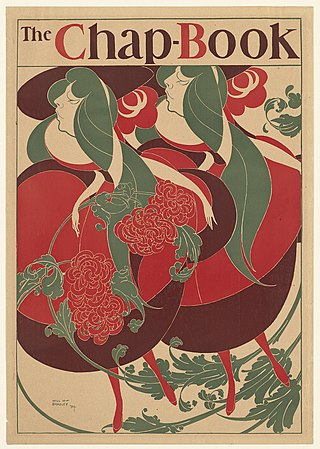
In the United States, a little magazine is a magazine genre consisting of "artistic work which for reasons of commercial expediency is not acceptable to the money-minded periodicals or presses", according to a 1942 study by Frederick J. Hoffman, a professor of English. While George Plimpton disagreed with the diminutive connotations of "little", the name "little magazine" is widely accepted for such magazines. A little magazine is not necessarily a literary magazine, because while the majority of such magazines are literary in nature, containing poetry and fiction, a significant proportion of such magazines are not. Some have encompassed the full range of the arts, and others have grown from zine roots.

Architectural Digest is an American monthly magazine founded in 1920. Its principal subjects are interior design and landscaping, rather than pure external architecture. The magazine is published by Condé Nast, which also publishes international editions of Architectural Digest in Italy, China, France, Germany, India, Spain, Mexico/Latin America and the Middle East

Cannabis ruderalis is a variety, subspecies, or species of Cannabis native to Central and Eastern Europe and Russia. It contains a relatively low quantity of psychoactive compound tetrahydrocannabinol (THC) Some scholars accept C. ruderalis as its own species due to its unique traits and phenotypes which distinguish it from C. indica and C. sativa; others debate whether ruderalis is a subdivision under C. sativa.

The Smart Set was an American literary magazine, founded by Colonel William d'Alton Mann and published from March 1900 to June 1930. Its headquarters was in New York City. During its Jazz Age heyday under the editorship of H. L. Mencken and George Jean Nathan, The Smart Set offered many up-and-coming authors their start and gave them access to a relatively large audience.

Arnold W. Gingrich was the editor of, and, along with publisher David A. Smart and Henry L. Jackson, co-founder of Esquire magazine. Among his other projects was the political/newsmagazine Ken.

Backstage, also previously written as Back Stage, is an American entertainment industry trade publication. Founded by Allen Zwerdling and Ira Eaker in 1960, it covers the film and performing arts industry from the perspective of performers, unions, and casting, with an emphasis on topics such as job opportunities and career advice. The brand encompasses the main Backstage magazine, and related publications such as its website, Call Sheet —a bi-monthly directory of talent agents, casting directors, and casting calls, and other casting resources.
Screen International is a British film magazine covering the international film business. It is published by Media Business Insight, a British B2B media company.
The Canadian Forum was a literary, cultural and political publication and Canada's longest running continually published political magazine (1920–2000).

Variety is an American media company owned by Penske Media Corporation. The company was founded by Sime Silverman in New York City in 1905 as a weekly newspaper reporting on theater and vaudeville. In 1933 it added Daily Variety, based in Los Angeles, to cover the motion-picture industry. Variety.com features entertainment news, reviews, box office results, cover stories, videos, photo galleries and features, plus a credits database, production charts and calendar, with archive content dating back to 1905.
The World Tomorrow: A Journal Looking Toward a Christian World (1918–1934) was an American political magazine, founded by the American office of the pacifist organization Fellowship of Reconciliation (FORUSA). It was published under the organization's The Fellowship Press, Inc., located at 108 Lexington Avenue in New York City. Prior to June 1918, the periodical was titled The New World. It was a leading voice of Christian socialism in the United States, with an "independent, militant" editorial line.
Musical America is the oldest American magazine on classical music, first appearing in 1898 in print and in 1999 online, at musicalamerica.com. It is published by Performing Arts Resources, LLC, of East Windsor, New Jersey.
Eliza Lanesford Cushing was an American-Canadian dramatist, short story writer, and editor. The daughter of Hannah Webster Foster and sister of Harriet Vaughan Cheney, both novelists, she wrote a number of plays including Esther and The Fatal Ring, and edited Literary Garland, Canada's main literary magazine at the time.

Paul Seedsman is a professional Australian rules footballer playing for the Adelaide Football Club in the Australian Football League (AFL). He was recruited by Collingwood in the 2010 national draft, with pick 76, and traded to Adelaide at the end of the 2015 season. Seedsman grew up supporting Collingwood; his great-grandfather, Jim Sharp, played for Fitzroy and Collingwood, and was president of Collingwood for 12 years.

Raivaaja was a Finnish-language newspaper published from 1905 to 2009 in Fitchburg, Massachusetts, by Raivaaja Publishing Company. For the first three decades of its existence the publication was closely associated with the Socialist Party of America (SPA). In 1936 as part of a large factional split in the SPA, the former Finnish Socialist Federation severed its connection to become the "Finnish American League for Democracy," with Raivaaja remaining the official organ of this remodeled organization.
Literary Garland was a Montreal-based literary magazine published by John Lovell and John Gibson. During its run from 1838 to 1851, it was the most successful literary magazine in Canada, and started the careers of many prominent Canadian literary authors and composers.














